Disclosure: This article contains affiliate links. We may earn a commission from purchases at no extra cost to you, which helps our travel content.
There's a Bhutanese concept called neykor — spiritual pilgrimage — that perfectly captures what travel to this Himalayan kingdom should feel like. It's not merely about witnessing Thimphu's golden-roofed monasteries or browsing its vibrant markets; it's about allowing the rhythm of this place to transform you from within. After years of dreaming about visiting the world's only carbon-negative country, I finally found myself standing beneath prayer flags fluttering against crystalline spring skies, ready to discover how luxury and mindfulness intertwine in Bhutan's captivating capital.
Finding Sacred Space: Spiritual Immersion Beyond the Tourist Trail
My journey into Thimphu's spiritual heart began not at the famous Buddha Dordenma statue (though its 169-foot golden presence watching over the valley is undeniably moving), but at a small neighborhood temple where my guide's grandmother performs morning rituals. Here, wrapped in the scent of juniper incense and the melodic chants of elderly practitioners, I experienced driglam namzha — Bhutan's traditional etiquette — firsthand.
The true luxury of Bhutan lies in these intimate moments of connection. Through my local guide service, I was introduced to Lama Yeshe, who invited us to participate in a private blessing ceremony at Dechen Phodrang Monastery. As dawn painted the mountains gold, we sat cross-legged on hand-woven meditation cushions while monks chanted ancient texts, the vibrations seeming to align something deep within me.
Later, at my guide's suggestion, I brought my own singing bowl to a sunset meditation at Changangkha Lhakhang. The 12th-century temple's caretaker nodded appreciatively as I unpacked it, explaining that sound healing has been practiced in these mountains for centuries. As our bowls sang together, the boundary between tourist and tradition momentarily dissolved.
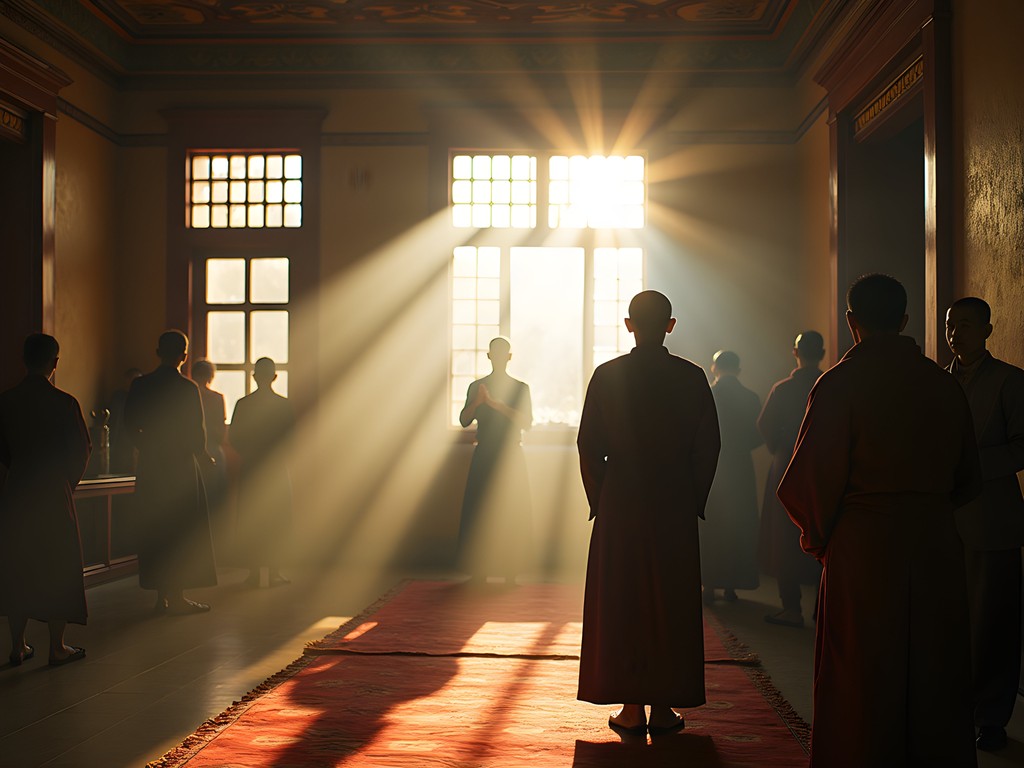
💡 Pro Tips
- Arrange temple visits through a local guide with personal connections to ensure respectful access to non-tourist ceremonies
- Pack appropriate clothing that covers shoulders and knees, preferably in subdued colors
- Learn basic Dzongkha greetings to show respect when entering sacred spaces
Market Whispers: Navigating Thimphu's Trading Traditions
My years driving bus routes through Seoul's bustling markets gave me a peculiar talent for spotting the authentic pulse of a city's commerce. In Thimphu, this led me away from the Weekend Market's tourist-friendly stalls to the farmers' morning exchange at Centenary Farmers' Market, where I arrived at 5:30 AM as vendors were still arranging pyramids of scarlet chilies and foraged mushrooms.
A grandmother selling hand-ground buckwheat flour beckoned me closer, pressing a pinch between my fingers to demonstrate its quality. Through my guide's translation, she shared that this flour would become hoentay dumplings for an upcoming festival. Without hesitation, I purchased a bag, along with her recommendation of a traditional wooden dumpling mold carved from local walnut.
'To truly know Bhutan, you must taste it,' my guide's mother told me later that day as she welcomed us into her home kitchen. She showed us how to fold the dumplings while sharing stories of her childhood in rural Thimphu Valley. The intimacy of this cooking lesson—arranged through the luxury homestay program—offered insights no restaurant experience could match. We dined on our creations as evening fell, the conversation flowing as easily as the homemade ara (rice wine) she served in small porcelain cups.
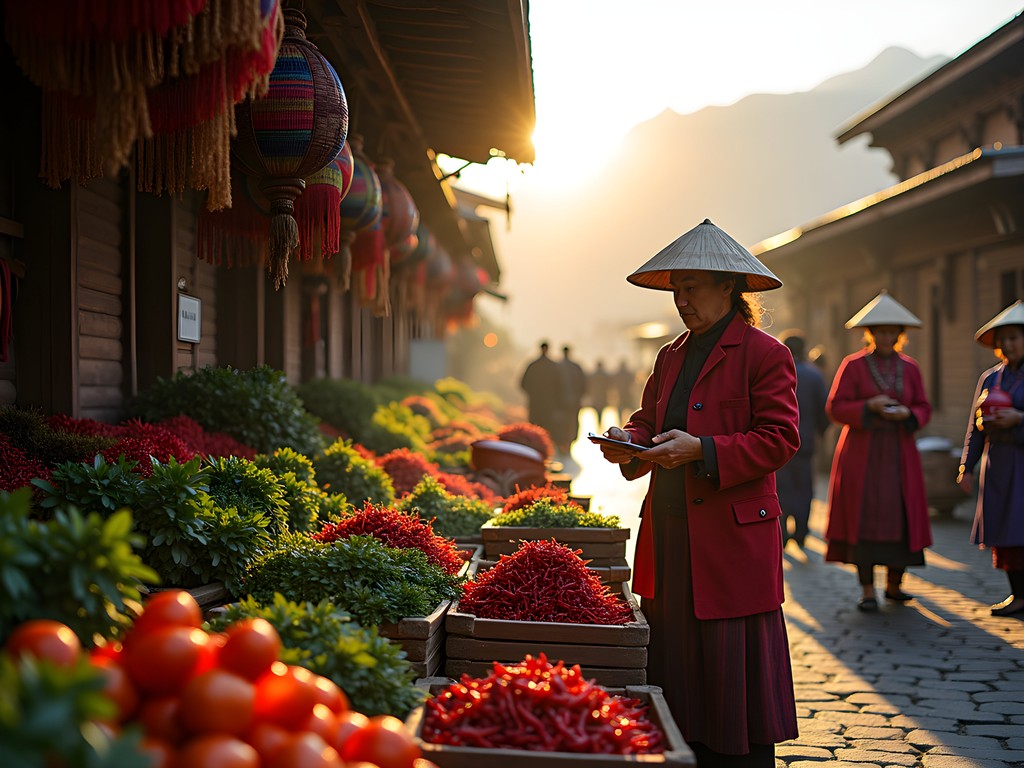
💡 Pro Tips
- Visit markets before 7 AM to see locals trading before tourist hours begin
- Bring small denominations of ngultrum (local currency) for market purchases
- Ask permission before photographing vendors or their goods
Hands That Create: Artisan Workshops and Living Heritage
Bhutan measures progress not by GDP but by Gross National Happiness, with cultural preservation forming one of its four pillars. This philosophy manifests beautifully in Thimphu's National Institute for Zorig Chusum, where students master the country's 13 traditional arts. Rather than merely touring the facility, I arranged a three-day immersion in thangka painting through my hotel's cultural program.
My instructor, Master Tshering, has painted Buddhist deities for over forty years. 'The brush becomes an extension of your spirit,' he explained, guiding my hand as I applied mineral pigments to cotton canvas. I found myself completely absorbed in the meditative process, the hours dissolving as we worked in companionable silence punctuated by his occasional guidance.
For those seeking authentic artisanal souvenirs, bypass the government emporium in favor of the Authentic Bhutanese Crafts Bazaar along Norzin Lam. Here I discovered a fourth-generation weaver creating intricate kira textiles. After demonstrating her backstrap loom technique, she helped me select a handwoven table runner dyed using traditional plant methods. To protect this delicate textile during my travels, I was grateful for the packing organizer I'd brought specifically for fragile souvenirs.
Later, at a small paper-making workshop hidden in a residential neighborhood, I learned the ancient technique of creating lokta paper from Daphne plant bark. The master craftsman showed me how to press flower petals into the pulp, creating stationery I now use for my most meaningful correspondence. These hands-on experiences connect travelers to Bhutan's living heritage in ways that observation alone never could.
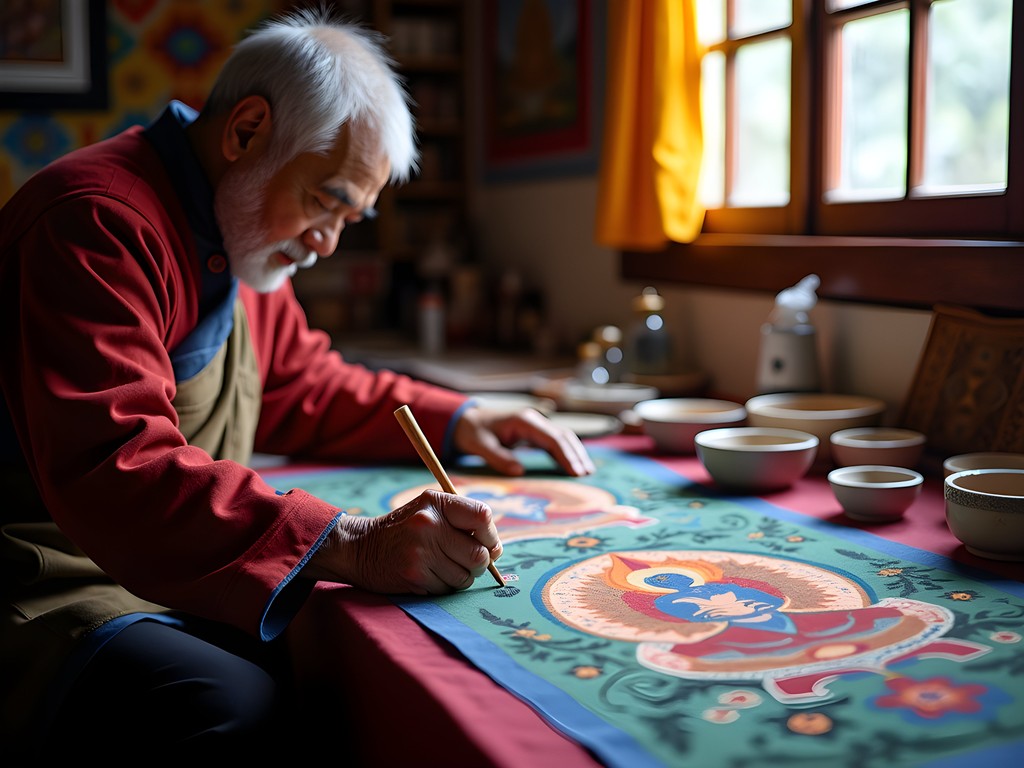
💡 Pro Tips
- Book workshop experiences at least two weeks in advance through your accommodation
- Bring an apron or clothing you don't mind getting pigments on for craft workshops
- Purchase art supplies locally to support the traditional materials economy
Conservation in Action: Connecting with Bhutan's Environmental Ethos
My environmental conservation background made Bhutan's pioneering sustainability initiatives particularly meaningful. Rather than simply admiring the country's commitment to remaining carbon-negative, I wanted to participate in their ecological stewardship. Through the Royal Society for Protection of Nature, I joined a day of fieldwork with scientists monitoring black-necked cranes in Thimphu Valley.
Armed with my spotting scope, we spent dawn hours documenting the endangered birds' feeding patterns. The lead researcher explained how traditional Buddhist values of non-harm have protected these creatures for centuries, while modern conservation science now supplements these cultural safeguards.
'Our environmental policies aren't separate from our spiritual practices,' explained Dorji, my guide from the Takin Preserve. 'When we protect the land, we honor the deities who dwell here.' This holistic perspective was evident at the preserve, where Bhutan's national animal—the unusual takin—roams in a natural sanctuary rather than a conventional zoo.
For couples seeking a meaningful shared experience, I recommend the forest bathing experience offered through the Bhutan Foundation. Our guide led us through ancient meditation practices beneath towering blue pines, teaching us to connect with the forest using all five senses. The experience concluded with a traditional blessing ceremony for the trees that have sustained Bhutanese culture for centuries—a powerful reminder of how luxury travel can nurture rather than deplete a destination.
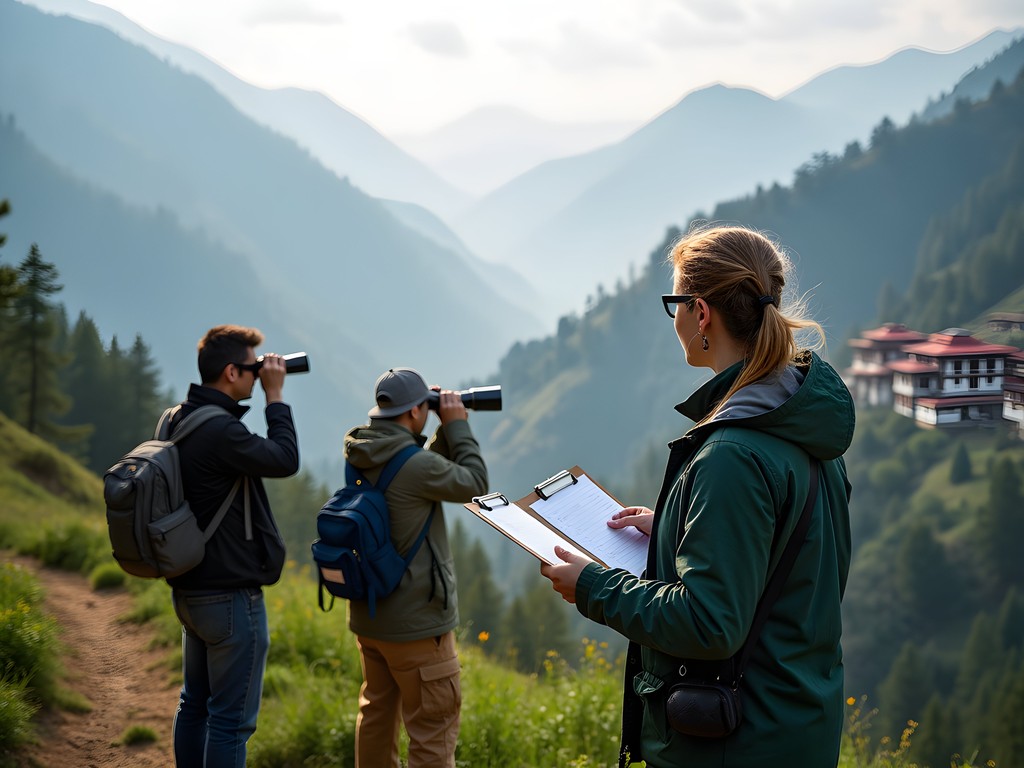
💡 Pro Tips
- Pre-arrange conservation activities through the Royal Society for Protection of Nature at least one month before arrival
- Pack waterproof hiking boots for fieldwork opportunities
- Bring a reusable water bottle and refuse single-use plastics to honor Bhutan's environmental commitments
Sacred Luxury: Mindful Accommodations with Purpose
In a country where mindfulness permeates every aspect of life, Thimphu's luxury accommodations reflect a deeper philosophy of purposeful indulgence. I chose to split my stay between two distinctive properties that embody different aspects of Bhutanese hospitality.
Amankora Thimphu sits nestled among blue pine forests on the outskirts of the capital. My suite featured floor-to-ceiling windows framing the Himalayan foothills, traditional bukhari wood stoves, and terrazzo-clad bathtubs positioned for mountain gazing. What elevated the experience beyond mere opulence was their commitment to cultural preservation—each evening featured different traditional performances or demonstrations, from masked dance to astrology readings.
For a more intimate experience, I spent three nights at Zhiwa Ling Heritage, a Bhutanese-owned property where contemporary luxury meets authentic cultural elements. The hand-carved wooden details and temple-inspired architecture create a sense of place that chain hotels simply cannot replicate. My mornings began with meditation led by a resident monk, followed by breakfast incorporating herbs from their organic garden.
Both properties offer couples' experiences that forge deeper connections—to each other and to Bhutan. I particularly recommend the traditional hot stone bath ritual, where river stones are heated in a fire then placed in wooden tubs filled with water and medicinal herbs. After experiencing this centuries-old healing practice with my traveling companion, we enjoyed tea on a private balcony wrapped in luxury bathrobes, watching prayer flags send blessings across the valley as the sun set behind distant monasteries.
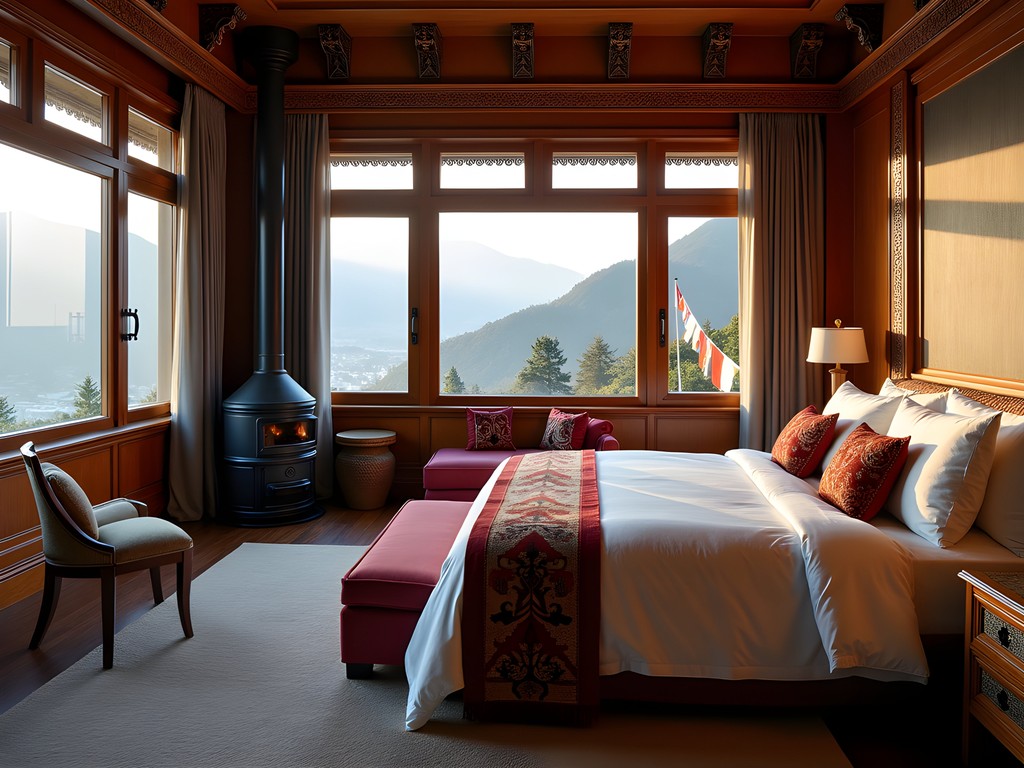
💡 Pro Tips
- Request rooms facing east for stunning sunrise views over prayer flags and mountains
- Book hot stone baths at least one day in advance as they require significant preparation time
- Participate in the complimentary morning meditation sessions offered at most luxury properties
Final Thoughts
As my week in Thimphu drew to a close, I found myself sitting beside an elderly weaver in the courtyard of Tashichho Dzong. We didn't share a language, yet communication flowed through smiles, gestures, and the universal language of presence. She took my hands in hers—fingers gnarled from decades of creating textiles—and tied a red protection string around my wrist, murmuring blessings.
This moment encapsulates what makes Thimphu extraordinary: beneath the surface of luxury experiences lies an invitation to genuine connection. Bhutan doesn't merely welcome visitors; it invites us to participate in its living traditions, to temporarily step into its worldview where happiness supersedes profit and where mindfulness isn't a wellness trend but a way of life.
For couples seeking to deepen their bond while expanding their horizons, Thimphu offers the rarest luxury of all—transformation. You'll return home with more than photographs and souvenirs; you'll carry new perspectives on what truly constitutes wealth and well-being. In a world increasingly defined by digital distraction and material acquisition, Bhutan's timeless wisdom feels not just refreshing but essential. May your journey here be not merely a vacation but a neykor—a pilgrimage of the heart.
✨ Key Takeaways
- Arrange private spiritual experiences through local connections for authentic immersion
- Participate in workshops rather than simply observing to truly connect with Bhutanese craftsmanship
- Balance luxury accommodations with community-based experiences for a more complete understanding of Bhutanese culture
- Incorporate conservation activities to appreciate Bhutan's pioneering environmental commitments
- Allow space in your itinerary for unplanned connections with local people
📋 Practical Information
Best Time to Visit
March to May (Spring)
Budget Estimate
$300-500 per person per day (including mandatory daily tariff)
Recommended Duration
7-10 days
Difficulty Level
Moderate

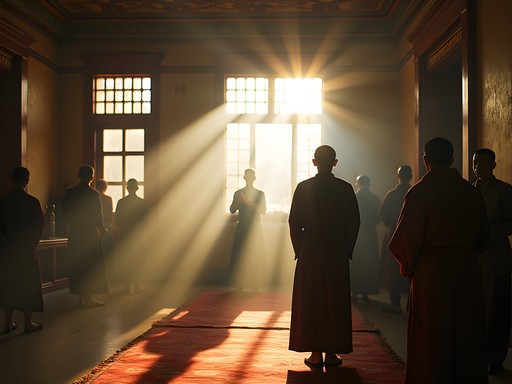
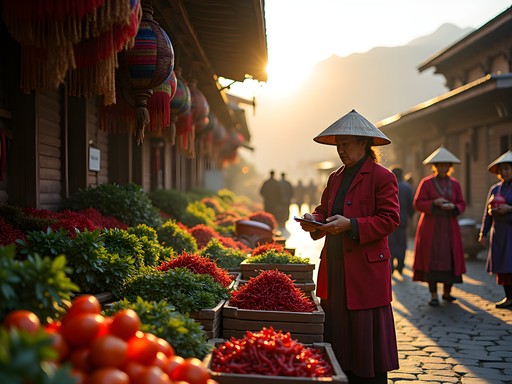
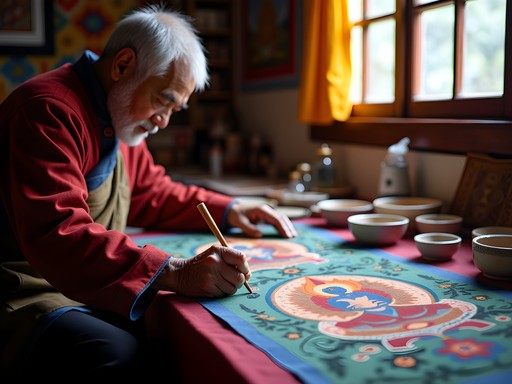
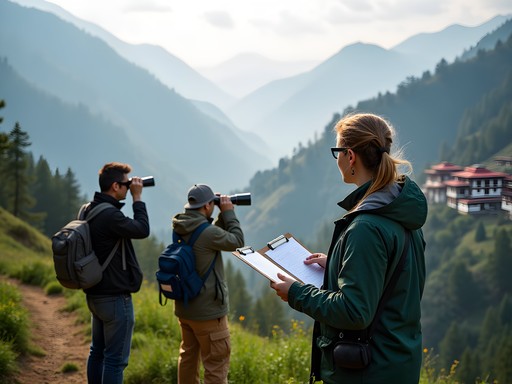
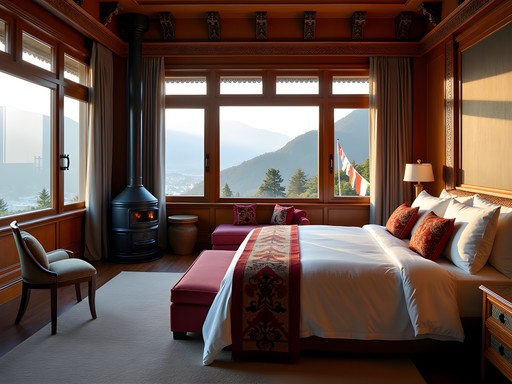


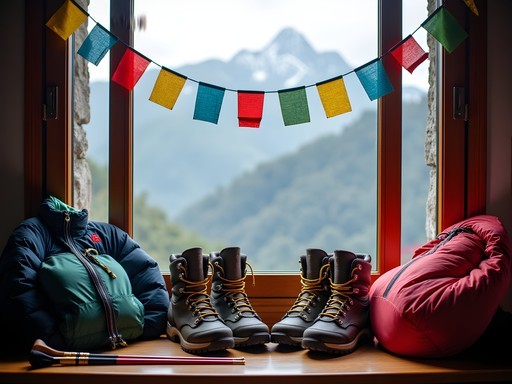
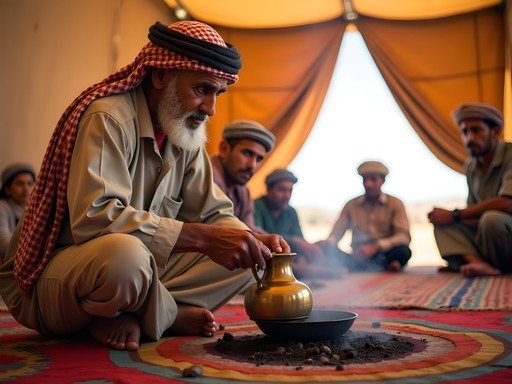
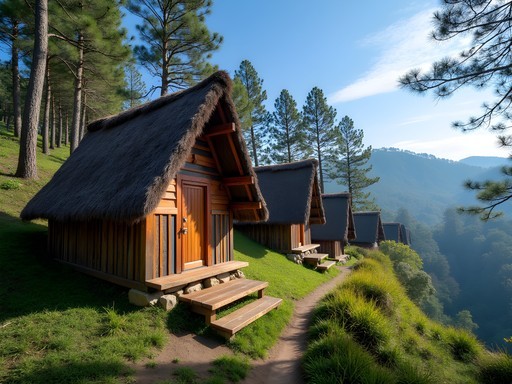
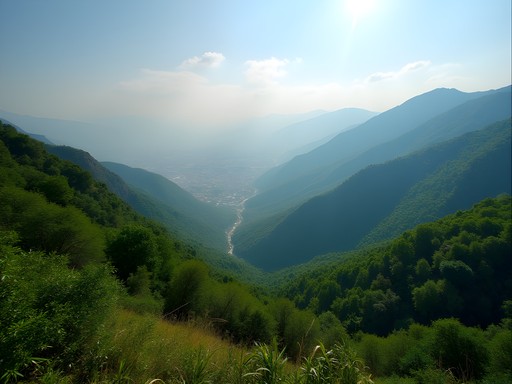
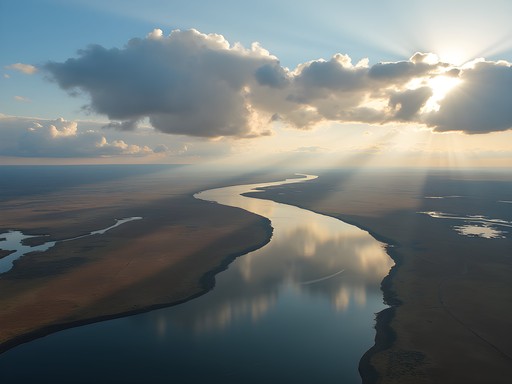
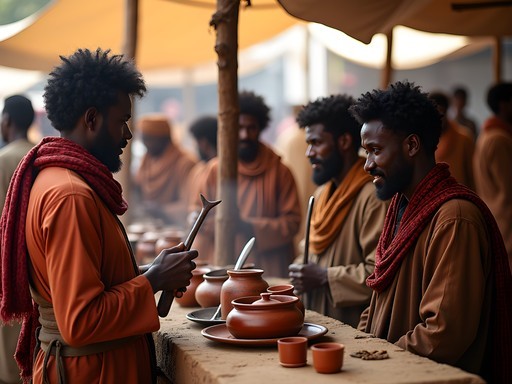

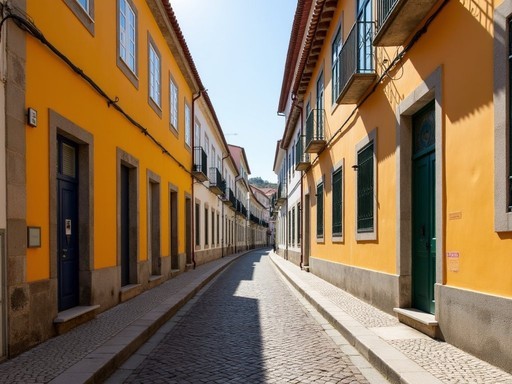
Comments
dreamone8814
Just booked my trip to Bhutan for April after reading this! So excited about experiencing that spiritual connection you described. Anyone have tips on what gifts might be appropriate to bring for homestay hosts?
Willow Sanchez
@dreamone8814 Small items from your home country work well! I brought New Zealand honey and photo books of our landscapes. Tea from your region is always appreciated too. Avoid alcohol unless you know they drink it.
journeyzone
Those photos of the Tashichho Dzong are stunning! The colors are unreal.
dreamone8814
This sounds amazing! I'm curious about the language barrier though. How did you manage communication during those market visits and workshops? Did you have a guide the whole time? I've always wanted to visit Bhutan but worried about getting around independently.
Kinsley Andrews
Thanks for asking! Yes, I had a guide for most activities - it's actually part of Bhutan's tourism policy. My guide Dorji was incredible at facilitating conversations and translating, but I also found many people in Thimphu speak some English. I learned a few basic Dzongkha phrases which always brought smiles. The guide requirement actually enhances the experience rather than limiting it!
dreamone8814
That's really helpful, thanks! Did you use any translation apps or a phrasebook that you'd recommend?
Kinsley Andrews
I used this phrasebook which was surprisingly helpful! But honestly, smiles and hand gestures went a long way too.
Willow Sanchez
Kinsley, your piece on Thimphu brought back so many memories! I spent three weeks in Bhutan last year, and that concept of neykor really resonated with me too. The spiritual dimension of everyday life there is something I've never experienced elsewhere. Did you get a chance to participate in any archery competitions? I was invited to join a local weekend tournament (though I was hilariously bad at it) and it turned into one of those unexpected cultural exchanges that become the heart of your journey. The way you described sitting with the weaver without sharing a language but still connecting - that's the essence of travel, isn't it?
dreamone8814
@Willow Sanchez I'm planning my first trip to Bhutan next spring. Did you find the daily tourist fee limiting? Worth it?
Willow Sanchez
@dreamone8814 Absolutely worth every penny! The daily fee includes accommodation, transportation, guide, and food. Plus it funds their free healthcare and education. The value is in having guides who can facilitate those deeper connections Kinsley wrote about.
journeyzone
This is the kind of travel content I live for! Those weaving workshops sound incredible.
Jean Wells
What a thoughtful piece on Thimphu! I visited last year and found the contrast between traditional values and modernization fascinating. Your section on connecting with artisans resonated deeply - I spent three days at the National Institute for Zorig Chusum (the arts school) observing students practicing the 13 traditional crafts. The patience involved in thangka painting was humbling. One suggestion for those planning visits: the daily morning ritual at Memorial Chorten offers a profound glimpse into Bhutanese spirituality. Arriving by 6am lets you observe locals completing their kora (circumambulation) before work. I'd also recommend visiting during a festival if possible - I timed my trip with Thimphu Tshechu and the mask dances were extraordinary. Kinsley, did you participate in any archery while there? As Bhutan's national sport, I found the local competitions surprisingly accessible to visitors.
Kinsley Andrews
Jean, thank you for these wonderful insights! I completely agree about the morning rituals at Memorial Chorten - truly special. And yes, I did try archery! Embarrassingly bad at it, but the locals were incredibly encouraging. There was a small competition happening at Changlimithang Stadium during my stay, and my guide arranged for me to have a brief lesson. The traditional bamboo bows are much harder to use than they look!
Jean Wells
Haha, I was terrible at archery too! Those targets are incredibly far away. Did you notice how the opponents good-naturedly taunt each other and perform little victory dances? Such a joyful approach to competition.
springguide
Those spiritual sites beyond the tourist trail sound intriguing! Could you share which lesser-known temples or monasteries were most meaningful? Planning a trip for next spring!
Kinsley Andrews
Happy to help! Don't miss Phajoding Monastery - it's a 3-4 hour hike from Thimphu but absolutely worth it. Much less visited than Tango and Cheri monasteries. Also, Changangkha Lhakhang early morning (before 8am) when locals come for blessings. The small Zangto Pelri Lhakhang near the clock tower is often overlooked but has beautiful paintings and a peaceful atmosphere.
springguide
Thank you so much! Adding these to my itinerary. Did you need a guide to visit these places or can you go independently?
Kinsley Andrews
You'll need a guide for your entire Bhutan trip - it's part of their tourism policy. But that's actually a benefit for these spiritual sites, as a good guide will explain the significance and proper etiquette. I used Bhutan tour package and requested extra time at these specific monasteries.
skybuddy
This sounds amazing! I've been curious about Bhutan for years. How difficult was it to connect with locals given the language barrier? Did you find English widely spoken in Thimphu?
Kinsley Andrews
Great question! English is actually one of Bhutan's official languages and is taught in schools, so communication in Thimphu wasn't too challenging. Many people in the tourism industry speak it well. That said, learning a few Dzongkha phrases really helped break the ice with locals, especially in markets and villages outside the city center!
skybuddy
That's so helpful to know! Adding some basic Dzongkha phrases to my prep list. Thanks!
Fatima Sims
What a beautiful reflection on Thimphu's soul, Kinsley! Your story about sitting with the elderly weaver without sharing a language brought tears to my eyes. It reminded me of my own experience in Bhutan last year when I joined a family for their annual blessing ceremony. Despite language barriers, the grandmother kept bringing me butter tea and arranging my ceremonial scarf whenever it slipped. Sometimes the deepest connections happen without words. For anyone planning to visit, I'd add that participating in a community archery event (if you're lucky enough to witness one) offers incredible insight into Bhutanese culture - the friendly trash-talking between teams is hilarious even if you don't understand the words! The local hospitality is unlike anywhere else I've traveled.
luckylegend
Been to Bhutan twice and still discovered new perspectives through your post. The section about market traditions was spot on. One tip for future travelers: learn a few basic Dzongkha phrases - even just "thank you" (kadrinche) opens so many doors. Vendors at the weekend market completely changed their demeanor when I tried speaking their language, however poorly!
Kinsley Andrews
Such great advice! I found the same thing. Even my terrible pronunciation made people smile and often led to impromptu language lessons right there in the market.
Venture X
Premium card with 2X miles, $300 travel credit, Priority Pass